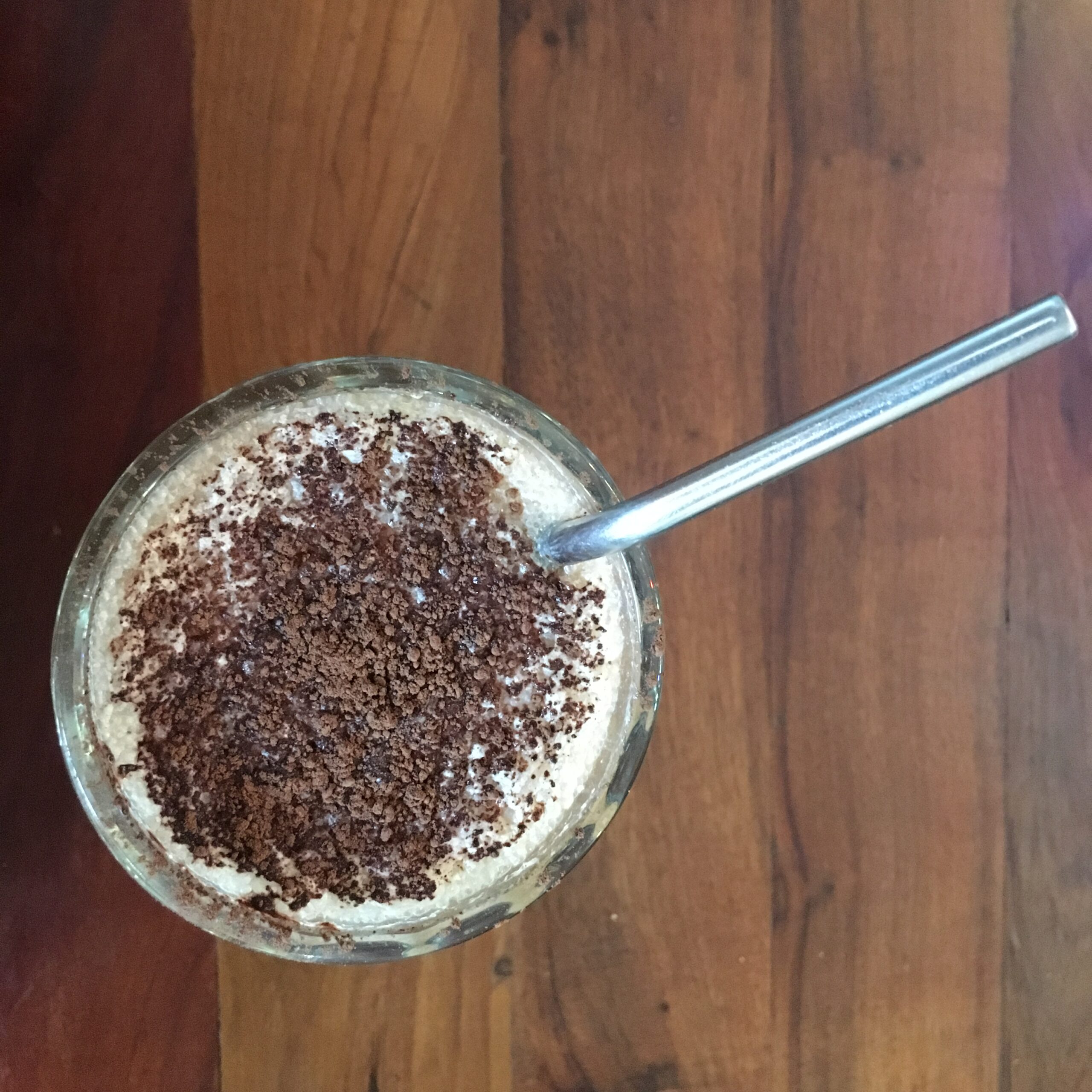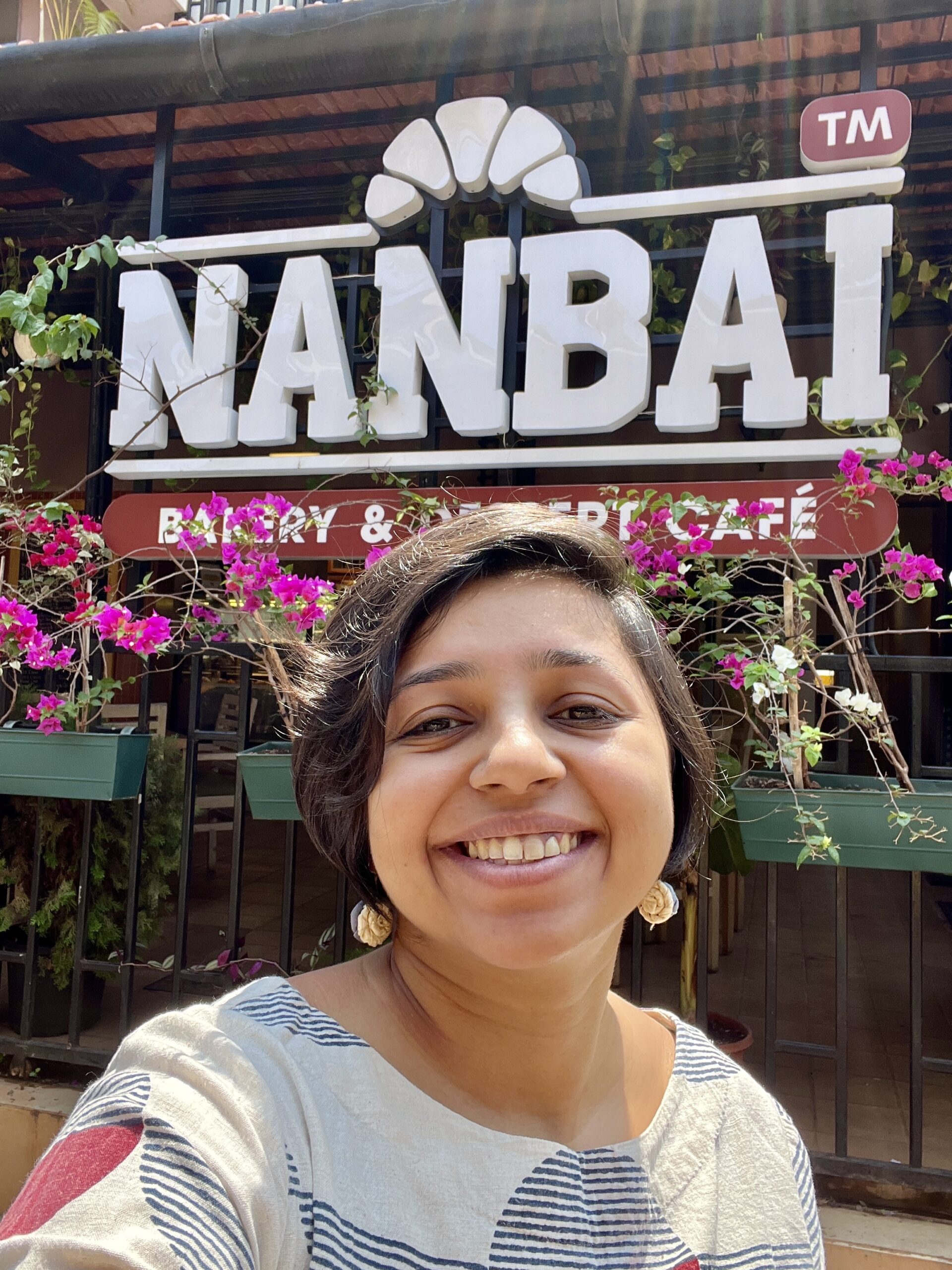Zero waste living is the need of the hour especially in Covid times with the inevitable waste piling up in dumping grounds. This waste will probably not decompose for years to come and form garbage mountains like you have seen in outskirts of large cities. Scary, isn’t it? Here, you can understand the disadvantages of physical waste and how to overcome it.

What is zero waste living?
Zero waste living also known as reduced waste living is a lifestyle lived by attempting to reduce waste. This is because zero waste living is essentially an ideal term which may not exactly be achievable. But turning your lifestyle around slowly to meet such goals counts as well.
Why zero waste living is important?
Zero waste living is important because with advancements in lifestyle, the waste we produce is increasing. For example, since the pandemic hit, we have trashed so much plastic and other not so easily recyclable wastes in different forms. This includes masks, PPE kits, sanitiser bottles, face shields and so on. Our use of water has increased because we wash our hands more often now. This also means using more soap and therefore releasing chemicals into the water as well as disposing the packaging the soap has come in.
How I took up zero waste living?
While I studied in Japan, garbage collection happened only on certain days at certain times and that too it had to be dropped off at a common point in an apartment complex. Imagine your wet waste piling up for about four days and starting to smell. Once, when I missed the day, a few days later I started to spot maggots. The plastic waste would pile up too and that was the real alarm for me to make a change in my lifestyle. I strongly feel, the fast that our garbage is collected from our doorstep in India might feel like a blessing but is actually a con.
How to start zero waste living?
It is very easy to start living a zero waste lifestyle. Don’t worry about what you cannot do but those little baby steps you are taking as each of it counts. The moment you need something, ask yourself whether you really need it. If you don’t need it, then don‘t get it. If you need it, find all the alternatives around and pick the one that’s most sustainable. A sustainable product is a one that’s travelled the least to get to you, used the least amount of resources to be manufactured, is packaged in the most sustainable way and like.
Zero waste living for beginners
If you are new to zero waste living, a simple way is to remember to start by reducing. If you don’t need something, share it around. Along with that try to reuse as much as possible. A few cracks or dents in a product should not bother as long as it is functional. One could also try upcycling it which is a way to add more value to an existing item to put it back in use. Let recycling be your last resort as resources go into recycling it.
How Zero waste living benefited me?
While I began to live a zero waste life, I realised how much it has indirectly helped me declutter. It has also helped me eat healthier food as I reduced packaged food which was also processed. My salt intake has come to an optimum level and sugar has reduced drastically. I get things I really need delivered to me quickly as I shop local. I also save money from upcycling, reducing and reusing.
Tips and Tricks
To help you get started or to up your already existing zero waste living game, find the tips below.
Zero waste at home
- Replace your regular tooth brush with a bamboo one that has decomposable bristles.
- Replace your tooth paste that comes in a tube with tooth powder whose box can be reused.
- Replace tea bags with lose tea leaves.
- Buy as much from a local grocery store in lose than in plastic packaging.
- Cook more and avoid take out that comes in single use packaging or in plastic boxes that wont be put to use at your end.
- If you really like a product, ask the manufacturer if they can pack it specially for you or refill your box.
- Turn off the water and electricity when you dont need it.
- Buy things that come in glass bottles especially when managers will take them back.
- Compost your wet waste.
Zero waste in travel
- Carry your own toiletries as you may not use the ones completely in accommodations and they will probably trash them.
- Carry a bottle, a cup, a box and cutlery including a straw so you can take out easily.
- Carry your towel and napkin.
- Carry reusable cloth bags.
- Plan your travel so you avoid going back and forth.
Zero waste at work
- Switch from staple pins to staple-less staplers.
- Switch to wipeable notebooks from regular ones.
- Switch to paper and other items made from 100% recycled materials.
- Delete emails you don’t need.
- Clean up your computer regularly and organise it.
Zero waste in menstruation
- Get a cup that might last you 10 years.
- Get washable cotton pads and panty liners.
When do you get started?
So you see that it isnt much of a task to living a better life for yourself and everything around. I feel far more happier since I began this journey. So are you ready to do so as well?






Leave a Reply